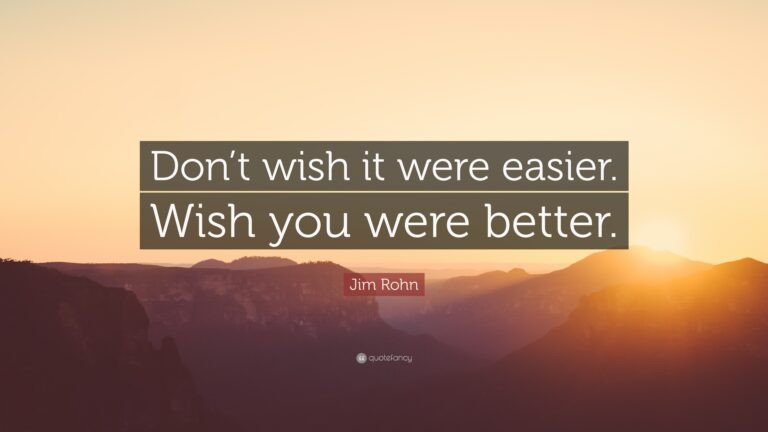Wishes
“I wish I was better at English. If I was good at English, my life would be much easier." Let's learn more about the wish with EnglishTopVN
1. Current Wish structure
The characteristic of a wish is that it always begins with a clause Subject + wish, followed by a clause expressing the wish. These two clauses cannot be reversed.
How to use:
The wish structure can be used to express a wish for something that is not true at present or to assume something contrary to reality. This usage is similar to structure conditional sentences type II.
In addition, to talk about our own wishes, we can change I wish equal If only.

Wish structure in the present in English
Recipe:
-
Affirmative: S + wish(es) + (that) + S + V-ed
-
Negative: S + wish(es) + (that) + S + not + V-ed
-
Structure If only: If only + (that) + S + (not) + V-ed
For example:
- Tom wishes that he had a big house (he does not have a big house, and he wants to).
- I wish that we didn’t need to work today (we do need to work today).
- If only that you lived close by (you don’t live close by).
Note:
1. In formal cases, we use were instead was in the sentence. However, how to usewasis also accepted.
-
I wish I were a boy. I wish I was a boy.
-
She wishes she were a rich person. She wishes she were rich.
2. We can use could in sentence wish to express the ability to do something or the possibility of something happening.
- I wish that I could speak Spanish (but, unfortunately, I can’t speak Spanish).
- I wish that we could go to the party tonight (unfortunately, we’re busy so we can’t go).
2. Wish structure in the past
How to use:
The wish structure can be used to express wishes, usually regrets about something that was not true in the past or assuming something contrary to the past. This usage is similar to structure conditional sentences type III.
Recipe:
-
Affirmation: S + wish(es) + (that) + S + had + V3
-
Negative: S + wish(es) + (that) + S + had not + V3
-
Structure If only: If only + (that) + S + had (not) + V3
For example:
- I wish that I had studied harder at school. (I didn’t study hard at school, and now I’m sorry about it).
- I wish that I hadn’t eaten so much yesterday! (But I did eat a lot yesterday. Now I think it wasn’t a good idea).
- If only that the train had been on time. (But unfortunately the train was late, and so I missed my interview).

Past tense sentence structure in English
3. Future Wish structure
How to use:
The structure wish can be used to express a wish for something to happen or for something to be good in the future.

Future wish sentence structure in English
Recipe:
Confirm: S + wish(es) + (that) + S + would/could + V
Negative: S + wish(es) + (that) + S + would/could + not + V
Structure If only: If only + S + would/could + (not) + V
For example:
- I wish that John wouldn’t busy tomorrow (he is busy tomorrow).
- If only he could take the trip with me next month.
- She wishes we could attend her wedding next week.
Note:
1. Us Do not use wish with things that are likely to happen in the future. Replace wish equal hope. For example:
- I hope that you pass your exam (NOT: I wish that you passed the exam).
- I hope that Julie has a lovely holiday (NOT: I wish that Julie had a lovely holiday).
2. We can use wish + would to talk about something we don't like, feel uncomfortable with and wish someone or that thing would change in the future. This structure is not used with individuals and things that cannot be changed (except the weather).
- I wish that the neighbours would be quiet! (They are not quiet and I don’t like the noise.)
- I wish that you wouldn’t smoke so much! (You do smoke a lot and I don’t like it. I want you to change this.)
4. Other uses of Wish
1. Wish + to V
In formal situations, we can use wish with an infinitive to express one's own wishes instead would like. This structure does not exist in the present perfect tense.
For example:
- I wish to speak to the headmaster. (This means the same as ‘I would like to speak to the headmaster’.)
- I wish to go now.
2. Wish + O + to V
Similar to above, we use wish with an infinitive to express a wish for someone to do something.
For example:
- I do not wish you to publish this article.
- I wish these people to leave.
3. Wish + O + something:
This is a structure used a lot in wishes, wishing someone to get something.
For example:
- I wished him a happy birthday.
- They wished us Merry Christmas.

